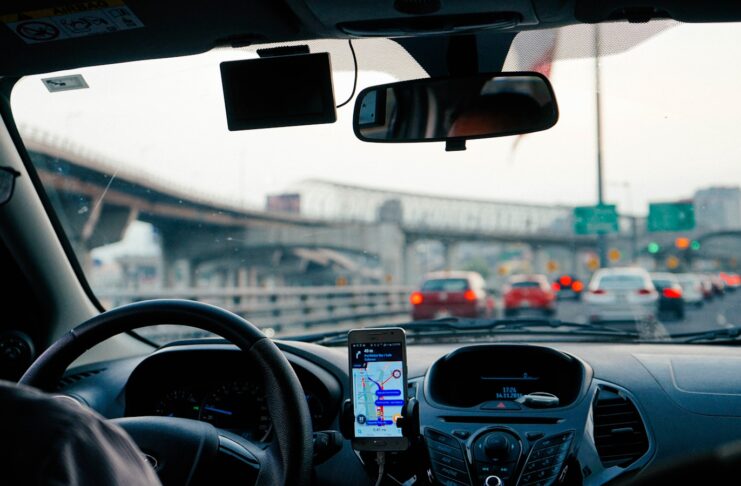Despite knowing the risks, a staggering 87% of professional drivers in the UK have admitted to driving while tired, according to new research.
Nearly all (94%) are aware that fatigue can lead to slower reaction times and poor concentration, yet the demands of the job often outweigh the urge to rest.
The findings, from a study by comparison site Uswitch, reveal a disconnect between knowledge and behaviour, and, say experts, a clear opportunity for employers to step up support and promote safety behind the wheel.
The Scale of the Problem
Whether it’s long-haul HGV drivers, delivery workers, bus operators or those driving between client meetings, professional drivers make up a large and vital part of the UK workforce. But fatigue continues to be a silent risk.
Half of the drivers surveyed said they occasionally drive while tired, while more than a third (37%) admitted to doing so often. In most cases, it isn’t about carelessness but pressure.
Nearly half (46%) said work obligations like deliveries or urgent meetings often override rest. A further 38% cited tight deadlines, while 27% pushed on simply to reach the next job location. Around one in 10 said they didn’t feel they had the option to take a break.
Only 13% said they feel fully confident in managing tiredness on the road.
Coffee First, Breaks Later
In the fight against fatigue, drivers are turning to short-term fixes instead of sustainable solutions. Over half (56%) rely on caffeine, which is more than the number who take breaks (38%).
Other popular tactics include opening a window (38%), listening to music or the radio (29%), having a snack (27%) or blasting cold air from the fan (15%). Seven percent simply push through without stopping.
That may offer a brief boost, but it doesn’t replace the need for proper rest, and experts say employers have a role to play in helping workers recognise it.
Employers Could Do More
Just under a third (31%) of professional drivers said they feel supported by their employer when managing tiredness. Nearly half said they feel only somewhat supported, and 13% said they feel unsupported entirely.
This lack of consistent support suggests a need for clearer communication, more practical workplace policies and, above all, a shift in workplace culture.
Felicity Ferguson, temporary car insurance expert at Uswitch, advised both workers and employers to treat fatigue management as a shared responsibility.
“If you’re too tired to drive safely, don’t hesitate to speak up, even if your workplace has a fatigue policy. These policies only work when they feel realistic in practice.”
She added that early conversations were key to finding workable solutions and encouraged employers to explore flexible approaches, such as job sharing or arranging temporary cover when needed.
Tips to Help Drivers Stay Safe and Alert
Uswitch offers the following advice to support professional drivers in managing fatigue:
Recognise the warning signs
Yawning, heavy eyelids, drifting focus and irritability are early clues that a break is needed.
Sleep comes first
A full night’s rest is essential. It helps keep reaction times sharp and decision-making clear.
Don’t push through tiredness
If you start to feel drowsy, pull over somewhere safe. A short nap and some fresh air are far more effective than powering on.
Raise concerns early
Open dialogue with your manager helps prevent fatigue from becoming a safety hazard.
Prioritise safety over speed
Meeting targets matters but not at the expense of wellbeing. Look for alternatives that protect both.
A Chance to Change Gear
Fatigue remains one of the most under-reported risks in the professional driving sector, yet the solutions are well within reach. As the research makes clear, the issue isn’t a lack of awareness but a lack of support and a culture that too often rewards pushing through over pausing for safety.
That’s why industry observers say it’s time for employers to make managing driver tiredness part of their broader wellbeing strategy. Encouraging honest conversations, setting realistic expectations and treating rest as a necessity – not a luxury – can make a real difference.
“Speaking up isn’t a weakness,” said Ferguson. “It’s a sign of professionalism and helps build a safer driving culture.”
With 87% of drivers admitting to drowsy driving, there’s no better time to hit the brakes and rethink the road ahead.


